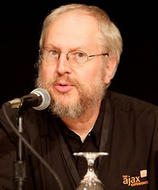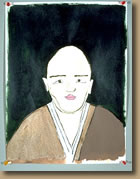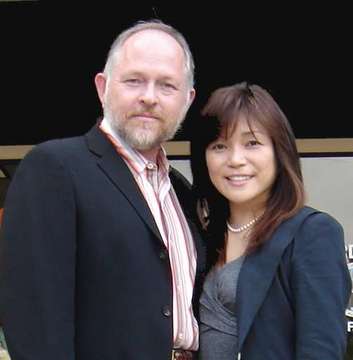Insecurity as the root of sexual predation
Monday, December 18th, 2017The world is undergoing a (welcome) sea change as it comes to be receptive to reports of, and broadly condemn, sexual misconduct in the broad sense, ranging from crude jokes, to unwanted sexual approaches, to touching and groping, all the way to rape.
There seems to be a consensus that the root of such behaviors lies in power issues. In other words, at least when it comes to active sexual predation, the offenders are acting, according to this consensus, not out of sexual desire, but rather as a way to assert their power. Rape as an expression of power is certainly a useful insight; for example, marauding armies commonly rape women as a way to assert their dominance over the societies they just conquered. But is this explanation really completely adequate, and does it really apply to all cases? Was Kevin Spacey, in a drunken stupor at age 26, really attempting to prove his power over the teenager he allegedly threw on a bed and laid on top of, or did he just want to get laid?
I am no student of sexual behavior or gender relations. I defer to all those with deeper insights on the subject, including on the topic of why the dozens, or hundreds, of men, who have been found to engage in repulsive sexual behaviors of varying levels of severity, did as they did. I intend to continue to study and learn; for example, would learned commentators assert that George H. W. Bush was engaging in power-based sexually predatory behavior when, at age 90, he grabbed the rear of the women standing next to him in his wheelchair?
I have a different theory–that some or much of the behavior is related to sexual insecurity, and an attempt to compensate for it.
Harvey Weinstein was not, in this theory, exerting his power over the women he invited up to his hotel suite and pathetically asked for massages. Rather, he was desperately trying to find some woman who would validate his attractiveness and desirability, which he himself seriously doubted, and probably had all his life. My guess is that he had never had a single satisfying sexual relationship, including with his wife. That could well have been due to personality defects which made him a poor lover, but that’s not really the point, which is that he was not just horny; it that were the case, he could have hired call girls. He was not just eager to prove his power; if that were the case, he could have fired someone, or rejected some script. Instead, he was desperate to validate his desirability in the form of finding anyone who would agree to have sex with him, and in the process egregiously misinterpreted the notion of “agreement” in extremely loose fashion, to include cases where the actress in question “agreed” in order to preserve or promote her career.
In saying that Weinstein was motivated not by power, or by sexual desire, but by insecurity and the need for validation, I am not attempting to justify his despicable behavior in any way, shape or form. But as we as a society go about trying to understand and deal with the men we have been finding have long histories of serious sexual misbehavior, perhaps the insight that such behaviors may have at least some of their roots in lifelong insecurity could prove of value.


 Douglas Crockford is the oracle of Javascript and holds the right position on Javascript 2.0. He also writes the quirky
Douglas Crockford is the oracle of Javascript and holds the right position on Javascript 2.0. He also writes the quirky  Star Simpson (picture), the
Star Simpson (picture), the  My Uncle Bill died in his sleep last week at the nursing home in Lewiston, ID where he was spending his final days. He’s been cremated and his ashes will be scattered on the Alaskan ocean where he fished for salmon in his second career, alongside those of his late first wife.
My Uncle Bill died in his sleep last week at the nursing home in Lewiston, ID where he was spending his final days. He’s been cremated and his ashes will be scattered on the Alaskan ocean where he fished for salmon in his second career, alongside those of his late first wife. Which of the following two statements is Dogen more likely to have made?
Which of the following two statements is Dogen more likely to have made? Bob and Sakiko got married on Tuesday, November 14, 2006.
Bob and Sakiko got married on Tuesday, November 14, 2006.